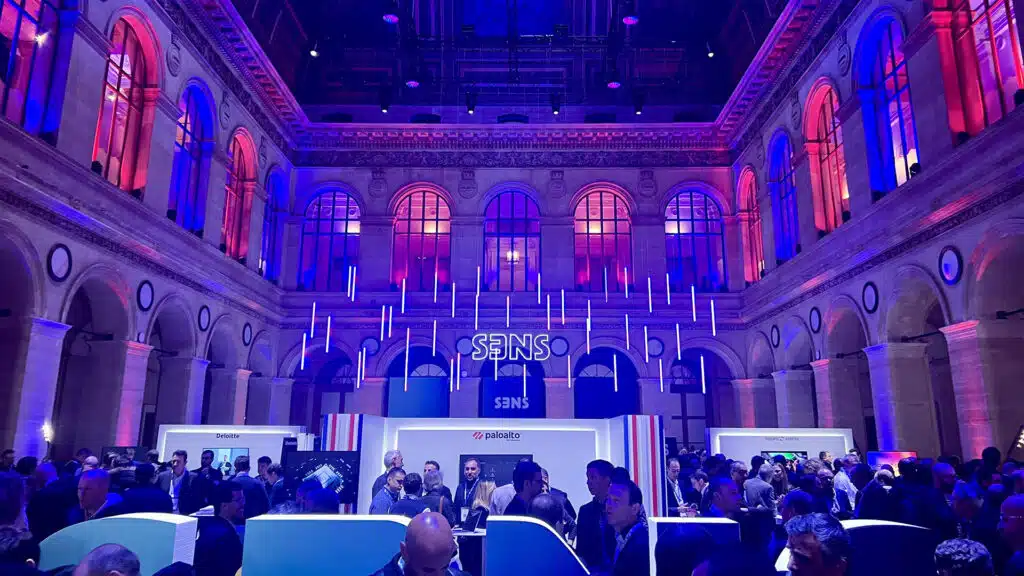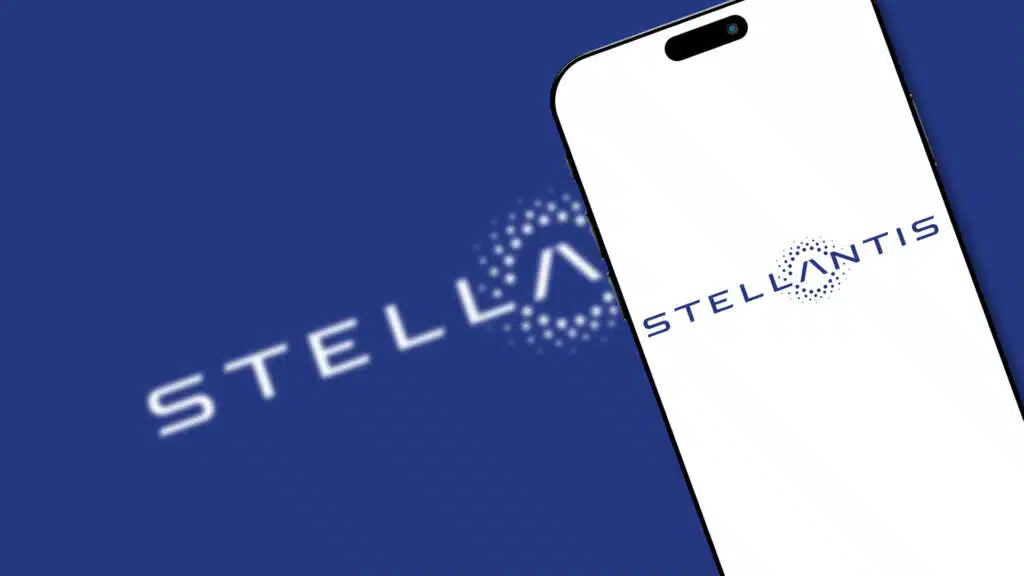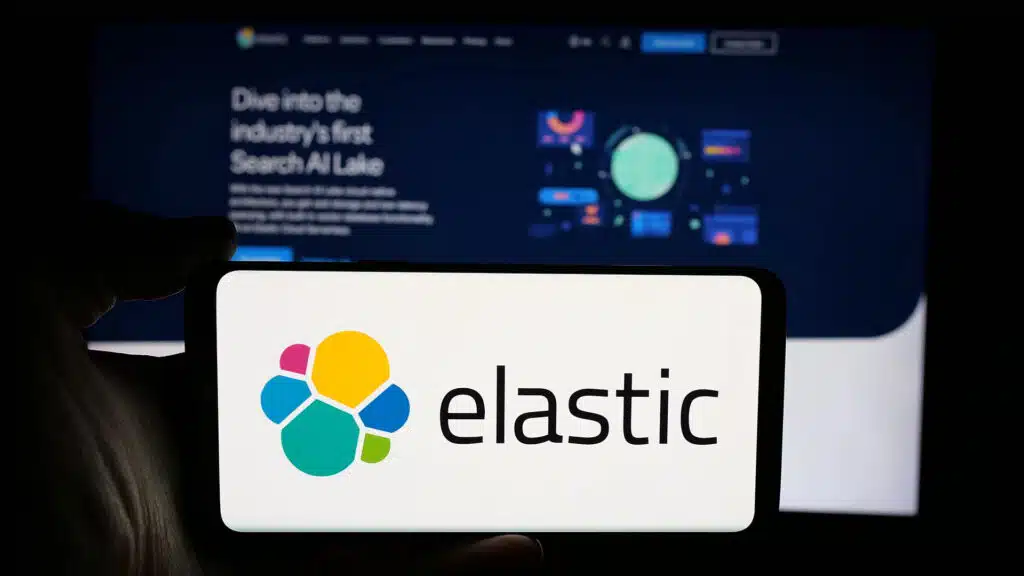The News: Google announced a number of generative AI-related product announcements at the annual Health Information and Management Systems Society (HIMSS) conference. The new capabilities are designed to improve patient care through enabling interoperability and building the data foundation needed to take advantage of generative AI.
According to Google, these innovations include:
- The general availability of Vertex AI Search for Healthcare, including integrations with Healthcare Data Engine (HDE) and Cloud Healthcare FHIR APIs
- Early access for select customers to Vertex AI Search for healthcare and life science’s integration with MedLM, a family of foundation models fine-tuned for healthcare industry use cases
- The general availability of HDE’s new consumption-priced managed service, available internationally with new features
- Two new capabilities to MedLM for early customer testing, including MedLM for Chest X-Ray and a task-specific API called Condition Summary
You can read the press release discussing these announcements in detail on Google’s website.
Google Cloud Announces Generative AI Advances at HIMSS
Analyst Take: AI is rapidly becoming ubiquitous within a wide variety of industries and use cases, and generative AI has become particularly appealing for organizations that are seeking to make it easier, faster, and more convenient to let workers and customers quickly interact with data or get answers to questions without human intervention. However, the healthcare space has been a more challenging segment, simply because there is no margin for error or hallucination in this heavily regulated market.
Google’s announcement of its generative AI-based Vertex AI Search for Healthcare is noteworthy, as it demonstrates the vendor is confident that the service will work as promised, consistently, reliably, and accurately, key requirements for operating with private healthcare data. While the press release details all of the key Vertex AI Search for Healthcare features, the following ones jump out at me as being particularly interesting and useful to clinicians, in terms of helping them do their jobs more efficiently and effectively:
- Medically tuned search: When enabled on electronic health record (EHR) data, scanned documents, and other clinical data, healthcare applications can now surface the most relevant information to clinicians and others engaged in decision-making and processing, without the need to click through hundreds of pages of notes or toggle between different screens and applications. This functionality should drive more efficiency and accuracy and will help allow clinicians to serve more patients without compromising patient safety.
- Question-answering: This capability will allow clinicians to answer medical-focused questions that involve a granular understanding of medical terminology while requiring an understanding of the nuances of language in medical notes and scanned documents. Essentially, this capability permits the incorporation of both structured and unstructured data to help clinicians more quickly get answers from both form-based, patient-provided histories and previous interactions with providers.
- Factuality: Vertex AI Search for Healthcare can also cite and link to the specific data points that generated the answers because the results are grounded in the healthcare organizations’ real data. This feature addresses perhaps the most important concern around using generative AI in healthcare, as all stakeholders require transparency around how information is used to inform treatments or decisions. Grounding to specific organizations’ data is also critical to reducing the risks of hallucinations or inaccurate responses, though ongoing model monitoring and tuning is required to prevent model drift and ensure confidence over time.
MedLM Offers New Capabilities for Healthcare Industry Use Cases
Google also announced MedLM, a family of foundation models fine-tuned for healthcare industry use cases, will include two new capabilities for Google Cloud customers, which will be available for customers to evaluate and test. MedLM for Chest X-ray is a domain-specialized model that is designed to help with classification of chest x-rays for operational, screening, and diagnostics use cases. Available as an application programming interface (API) that converts chest x-ray images into embeddings, application developers and data scientists will be able to utilize these embeddings in conjunction with ground truth labels to train a simple classification model in Vertex AI.
Google is also announcing a task-specific API called Condition Summary, which is designed to provide a chronological list of patient conditions, along with AI-generated briefs about each condition, with citations from original text.
The key takeaway from both of these announcements is that the power of generative AI is really going to come from domain-specific models that have been trained on, tuned, and are grounded in very specific data. This process is not easy, but one that will reap benefits for the organizations that take the time to find a model provider that is willing to help them through this process and ensure that the model reflects the nuances, context, and specific information that is critical to understanding complex concepts that are commonplace in the medical and healthcare fields.
Data Privacy and Security Remain Critical
Of course, protecting and ensuring the privacy and security of patient data is critical in the healthcare space, and Google Cloud has made it clear that its customers retain control over their data. Further, access and use of patient data is protected through the implementation of Google Cloud’s reliable infrastructure and secure data storage that support HIPAA compliance, along with each customer’s security, privacy controls, and processes.
This is table stakes, of course, but it in a real-world scenario, Google and other vendors offering generative AI-based models will need to work with customers around deploying best practices for managing privacy and security with clinicians and others who may interact with data via these tools to prevent data leakage or introducing bias into the models.
Disclosure: The Futurum Group is a research and advisory firm that engages or has engaged in research, analysis, and advisory services with many technology companies, including those mentioned in this article. The author does not hold any equity positions with any company mentioned in this article.
Analysis and opinions expressed herein are specific to the analyst individually and data and other information that might have been provided for validation, not those of The Futurum Group as a whole.
Other Insights from The Futurum Group:
Duet AI for Google Workspace Enables Productivity and Efficiency
Gemma and Building Your Own LLM AI – Google Cloud AI at AI Field Day 4
Enterprising Insight, Episode 15: Text-to-Image Generation for Enterprises
Author Information
Keith Kirkpatrick is VP & Research Director, Enterprise Software & Digital Workflows for The Futurum Group. Keith has over 25 years of experience in research, marketing, and consulting-based fields.
He has authored in-depth reports and market forecast studies covering artificial intelligence, biometrics, data analytics, robotics, high performance computing, and quantum computing, with a specific focus on the use of these technologies within large enterprise organizations and SMBs. He has also established strong working relationships with the international technology vendor community and is a frequent speaker at industry conferences and events.
In his career as a financial and technology journalist he has written for national and trade publications, including BusinessWeek, CNBC.com, Investment Dealers’ Digest, The Red Herring, The Communications of the ACM, and Mobile Computing & Communications, among others.
He is a member of the Association of Independent Information Professionals (AIIP).
Keith holds dual Bachelor of Arts degrees in Magazine Journalism and Sociology from Syracuse University.







